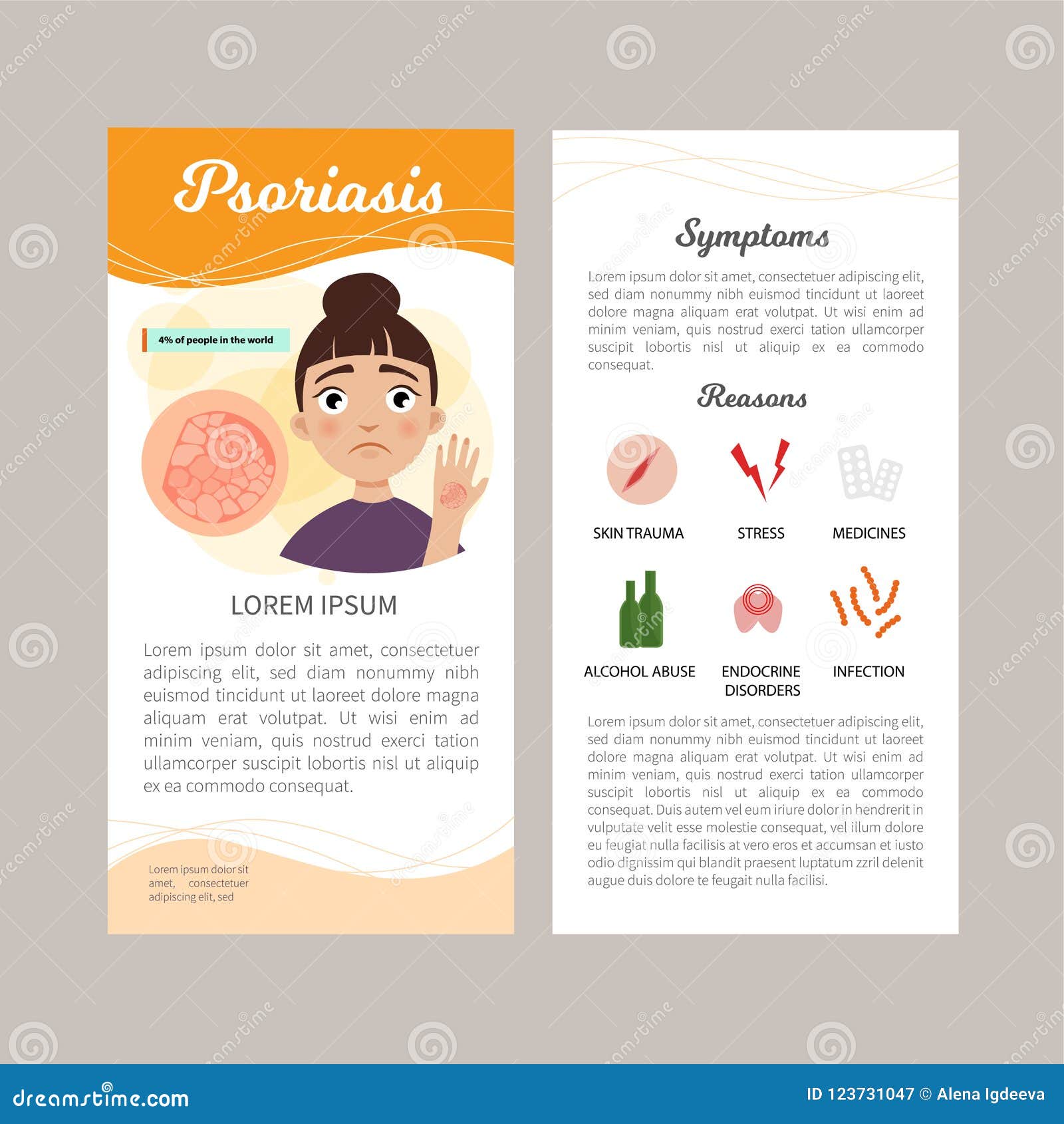Myths And Facts Regarding Acne: Debunking Common Misconceptions
Myths And Facts Regarding Acne: Debunking Common Misconceptions
Blog Article
Uploaded By-Cullen Hawkins
You could believe that enjoying delicious chocolate or oily foods is the origin of your acne, but that's just among numerous misconceptions swirling around this usual skin disease. As a matter of fact, acne mostly comes from blocked hair roots, not your last treat. Misunderstandings like these can lead you to adopt inefficient skincare practices that may even intensify your circumstance. As you navigate the truths behind acne, you'll discover insights that might change your approach to skin care and help you achieve more clear skin. So, what actually lies below the surface area?
Common Myths About Acne
When it comes to acne, many people count on typical misconceptions that can lead to confusion and stress. One widespread myth is that consuming chocolate or oily foods creates acne. While diet regimen can affect skin health and wellness, the straight link between specific foods and acne isn't as clear-cut as lots of think.
One more typical misconception is that you must scrub your face intensely to improve outbreaks. Actually, aggressive rubbing can irritate your skin and worsen acne.
You might likewise believe that acne just influences teens, but adults can experience it too, often because of hormonal modifications or tension. Some individuals think that sun tanning can improve acne, however sun exposure can actually bring about skin damage and aggravate breakouts in the future.
Last but not least, several think that using harsh products will get rid of acne rapidly. Nonetheless, these items can remove your skin of its natural oils, bring about increased irritation and more outbreaks.
Scientific Information Behind Acne
Comprehending the scientific facts behind acne can equip you to tackle this common skin condition better.
Acne happens when hair roots come to be obstructed with oil, dead skin cells, and bacteria. coolsculpting logo starts with an overproduction of sebum, the oil your skin naturally generates. Hormonal adjustments, specifically throughout puberty or menstrual cycle, can trigger this excess oil.
Microorganisms referred to as Propionibacterium acnes thrive in these clogged pores, bring about swelling. When your immune system responds, it can cause inflammation and swelling, resulting in those annoying pimples or cysts.
Genetics also contribute; if your moms and dads had acne, you might be extra susceptible to it.
Diet plan and anxiety levels can affect acne too, but study is still progressing in these areas. While indulging in oily foods won't straight create outbreaks, a well balanced diet regimen can support your skin health.
Also, handling tension can reduce hormonal fluctuations that may intensify acne.
Tips for Handling Acne
Taking care of acne successfully needs a combination of daily skin care routines and way of life changes. Start by establishing a regular skincare regimen. Cleanse your face two times a day with a gentle, non-comedogenic cleanser to get rid of dust and excess oil. Stay clear of scrubbing as well hard, as this can aggravate your skin and intensify acne.
Next, include products consisting of salicylic acid or benzoyl peroxide to aid prevent outbreaks. Constantly follow up with a light-weight, oil-free cream to keep your skin hydrated. Don't forget sunscreen; go with non-comedogenic alternatives to safeguard your skin from UV damages without blocking pores.
Past skincare, focus on your diet plan. Limit mouse click the up coming web site and oily foods, and focus on fruits, vegetables, and entire grains. Remaining hydrated is https://judahlymvo.blogitright.com/32676155/customized-acne-therapy-plans-tailoring-solutions-for-your-skin , so drink a lot of water throughout the day.
In addition, handle tension via activities like yoga exercise, meditation, or exercise, as stress and anxiety can trigger breakouts.
Finally, avoid choosing or popping pimples. This can lead to scarring and further swelling. If your acne lingers, speak with a dermatologist for individualized treatment alternatives.
Conclusion
In conclusion, it's important to separate truth from fiction when it comes to acne. By debunking usual myths, you can much better recognize your skin and make notified choices for your skin care regimen. So, why continue to believe in out-of-date ideas when the reality can empower you? Embrace much healthier practices, focus on mild cleansing, and bear in mind that managing acne is a trip. With the ideal expertise, you're one action more detailed to more clear, healthier skin.
